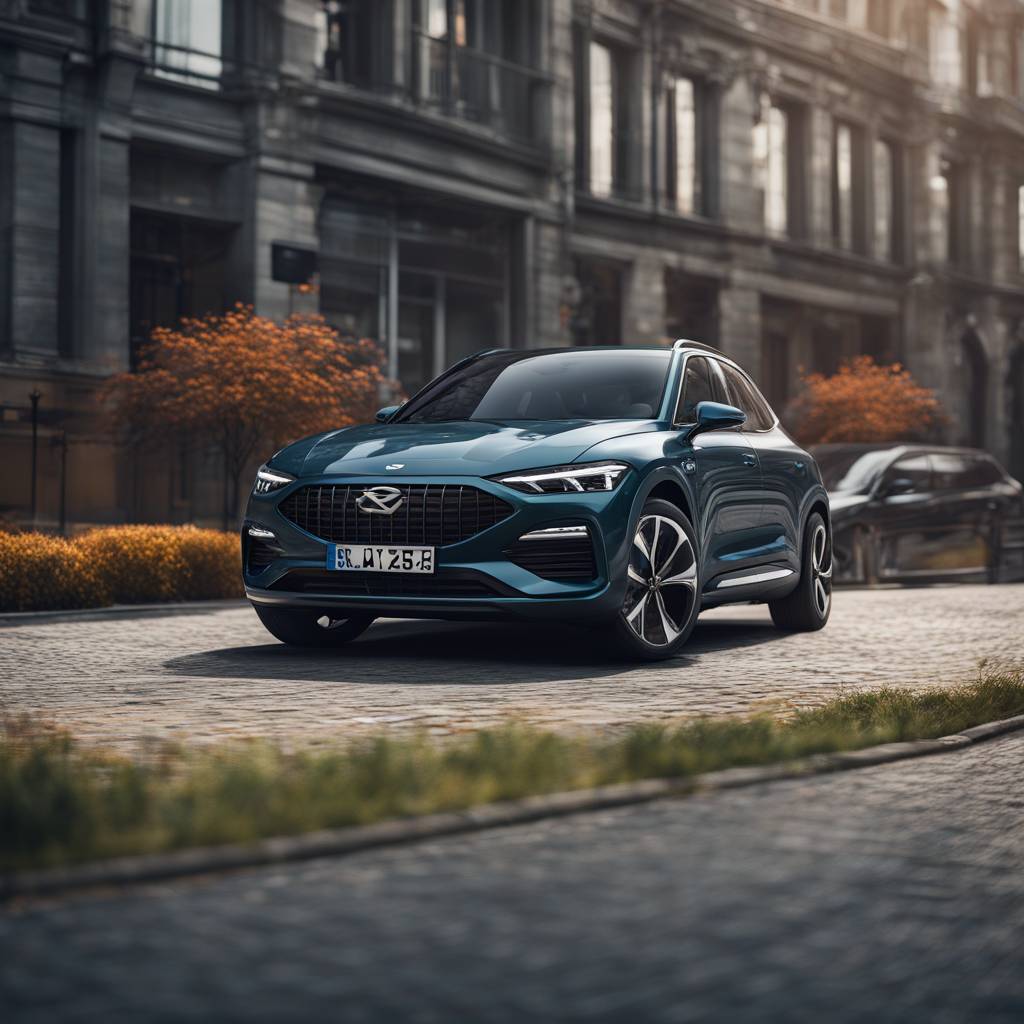The European auto industry is currently experiencing a period of stability, with sales expected to increase by 7% in 2024. However, there are concerns brewing beneath the surface, particularly in the electric vehicle (EV) market. Despite strong sales in the past, the growth of EVs has suddenly stalled, causing alarm among manufacturers who have invested heavily in this technology. The European Union’s stringent regulations on carbon dioxide emissions are driving the push towards EVs, but the industry is struggling to produce these vehicles at a price point that fuels consumer demand.
Stellantis CEO Carlos Tavares has warned of a “Darwinian” competition in the industry, with Chinese automakers emerging as a significant threat to European incumbents. Tavares predicts a consolidation of the industry down to five global giants, with Stellantis being one of them. This has prompted Renault, which is feeling increasingly vulnerable compared to the larger multi-brand companies like Volkswagen and Stellantis, to call for a new European “Marshall Plan” to protect against Chinese competition. The industry is facing pressure to adapt to the changing landscape or risk being left behind.
Investment banks like UBS and Berenberg Bank are urging the EU to provide financial assistance to automakers in order to meet the targets set for the ban on internal combustion engine (ICE) vehicles. The European auto industry is expected to see limited sales increases in 2024, but there are concerns about a hard landing in a year of transition. The slowdown in EV sales, along with pricing pressures and competition from Chinese imports, is creating uncertainty in the market.
Berenberg Bank highlights two key trends emerging from the slowdown in EV sales – the increasing appeal of hybridization, especially in the premium segment, and the focus on affordability in the mass-market segment. The push for more affordable EV options priced below €25,000 is seen as crucial for the industry to create a mass market for electric vehicles. However, European manufacturers are facing challenges in competing with Chinese automakers who have the ability to produce cheaper vehicles.
HSBC Global Research suggests that the EU may need to reconsider its plan to ban the sale of new ICE cars by 2035, as the slowdown in EV sales growth could impact the feasibility of this timeline. The report also highlights the potential competition from micro-mobility options like e-bikes and e-scooters, which could challenge the traditional model of private car ownership. Additionally, the timeline for autonomous driving technology is expected to be delayed, with Level 2/2+ features likely to dominate the market by 2030, while Level 5 full self-driving technology faces a more uncertain future.
The EU is expected to make a decision on possible actions to curb Chinese imports, particularly if they are supported by state subsidies, with an interim judgement likely in July. The European auto industry is at a crossroads, facing challenges on multiple fronts including regulatory pressures, pricing constraints, and increased competition from global markets. As manufacturers navigate this complex landscape, the need for adaptation, innovation, and collaboration has never been more crucial to secure a sustainable future for the industry.


